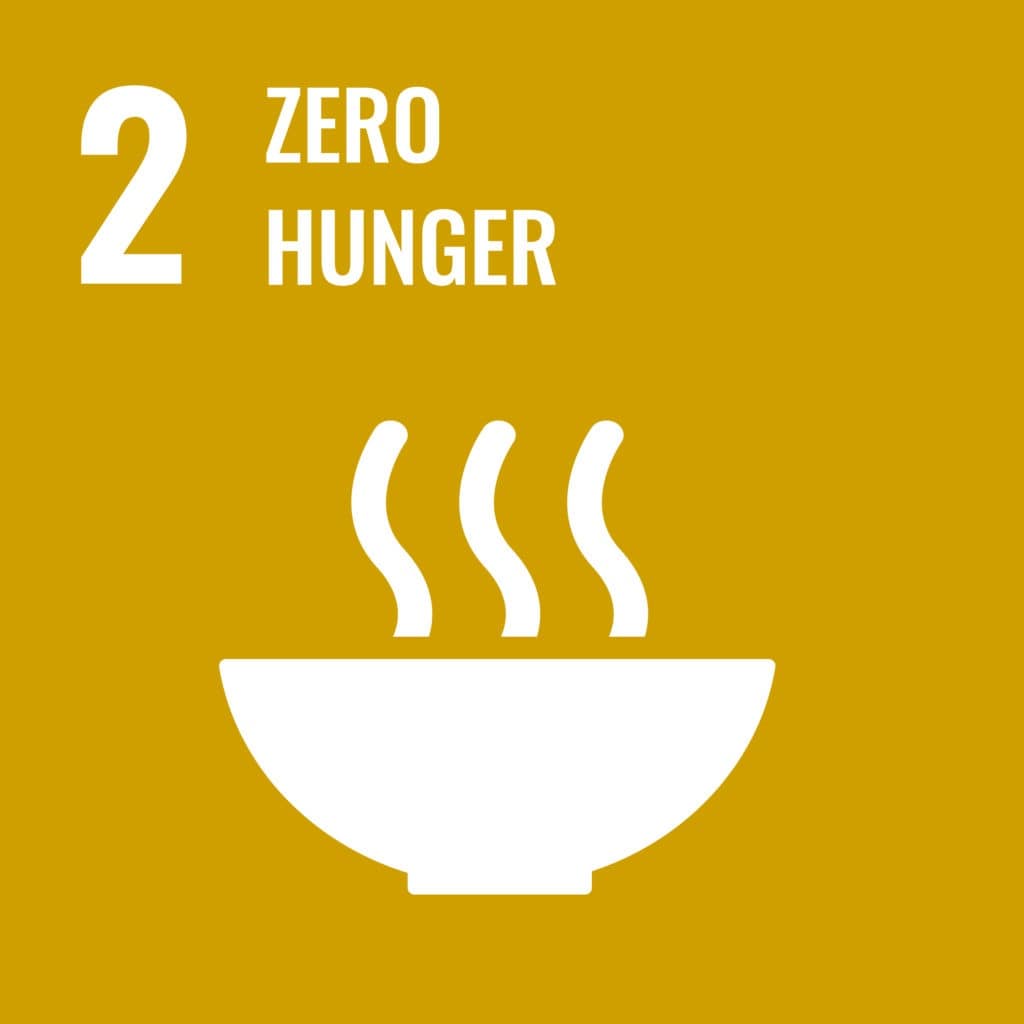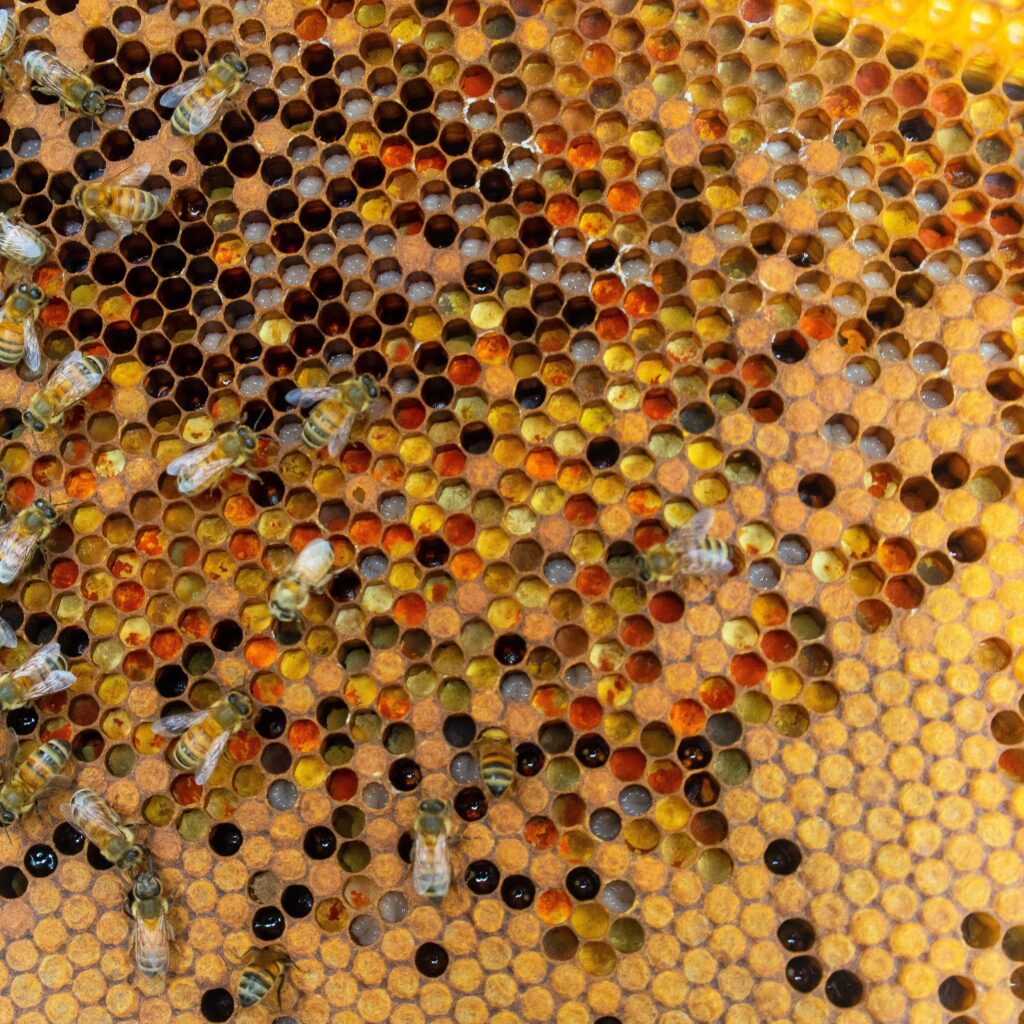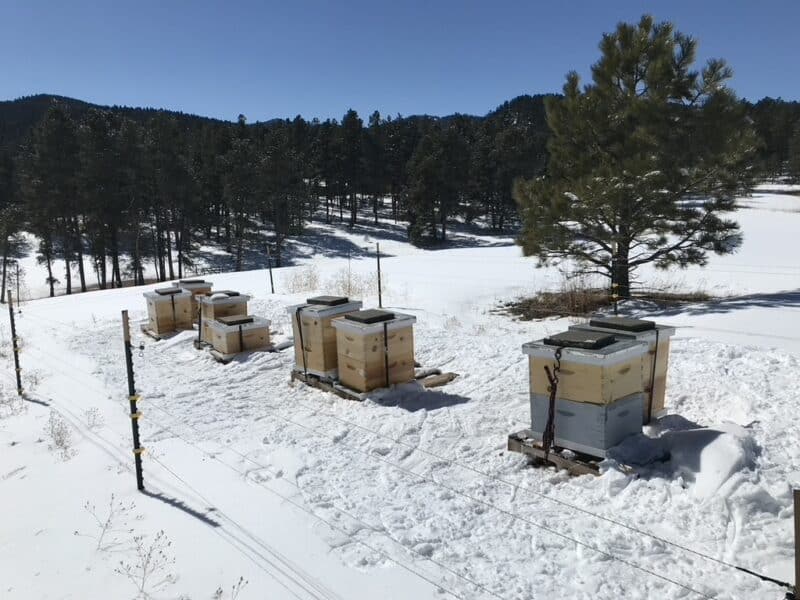Bees are small creatures that play a huge role in the livelihood of humans and our ecosystem. Not only are they essential for ensuring pollination, but these hard working creatures also play an important role when it comes to food production.
According to the Food and Agriculture Organization of the United Nations, “Bees and other pollinators such as birds and bats, affect 35 percent of the world’s crop production, increasing outputs of 87 of the leading food crops worldwide, plus many plant-derived medicines.”
Pollination is the foundation of human nutrition including the number of fruits, seeds, and other sources of food. More importantly, it is vital to the variety and quality of food as well.
What does Zero Hunger mean for the planet?
As stated by the United Nations, Zero hunger is defined as “End hunger, achieve food security and improved nutrition and promote sustainable agriculture.”
Food insecurity has been on the rise since 2014. The recent COVID-19 pandemic posed additional problems to our world’s food system. The State of Food Security and Nutrition in the World 2021 (SOFI 2021) report presented the first evidence-based global assessment of chronic food insecurity. The SOFI 2021 report will also focus on complementary food system solutions that address the key drivers of food insecurity and malnutrition, i.e. conflict, climate variability and extremes.
This assessment highlights how the COVID-19 pandemic has intensified the vulnerabilities and inadequacies of global food systems, which could add millions more people to the chronically undernourished, making the goal of ending hunger out of reach.
Why Bees are important to ending hunger.
With food insecurity on the rise since 2014, the role and purpose of bees is more important than before. We must use our collective, global efforts to understand and save the bees in order to solve the ongoing threats to our food systems.
Per the United Nations Sustainable Development Goals Report, “Small-scale food producers were hit the hardest, comprising about 40%-85% of all food producers.” In order to reach their target goal by 2030 to end hunger and ensure access by all people, in particular the poor and people in vulnerable situations, including infants, to safe, nutritious and sufficient food all year round, bees are necessary.
Research shows that thriving bee populations and their pollination increases crop yield and enhances the nutritional value of fruits, vegetables, and seeds which gives us a fighting chance at ending hunger or decreasing the number of people affected by food insecurity.
The UN’s SDG report states that by 2030 they hope to fulfill the following target for ensuring sustainable food production systems by implementing resilient agricultural practices that:
- increase productivity and production,
- help maintain ecosystems,
- strengthen capacity for adaptation to climate change, extreme weather, drought, flooding and other disasters; and
- progressively improve land and soil quality.
Read Things We’ve Learned from Studying Bees and How to Thank Them for more information on the importance of bees and why they matter.







